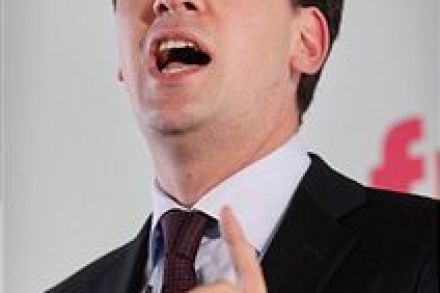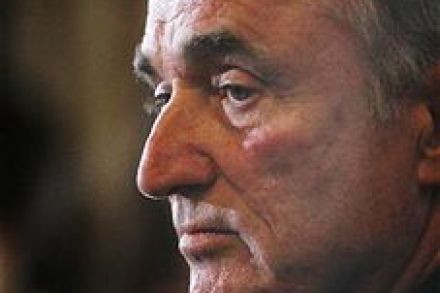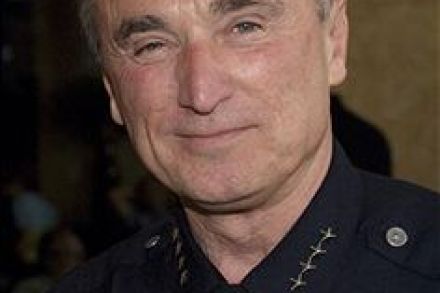Kelvin MacKenzie: I was hacked too
Kelvin MacKenzie reveals in tomorrow’s Spectator that he was interviewed as a potential victim of the News of the World phone hacking scandal. Here’s his story: It was the kind of building George Smiley would have been happy to call home.Anonymous and bleak, it’s the home of Operation Weeting, where 60 officers flog themselves to death every day in the biggest Scotland Yard inquiry in anyone’s memory. I am here by appointment. A charming woman detective has called me a couple of times — when you are a former tabloid editor that’s worrying in itself — and asked me to drop by ‘at my convenience’ to look at the fact

















